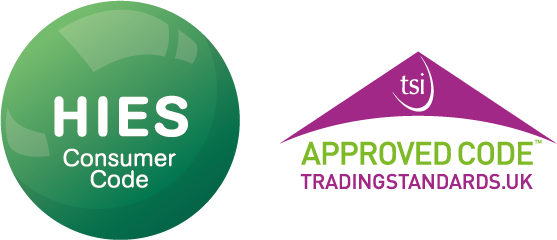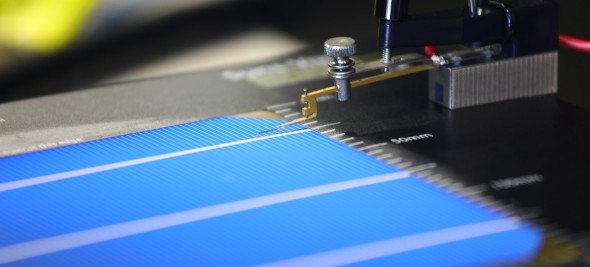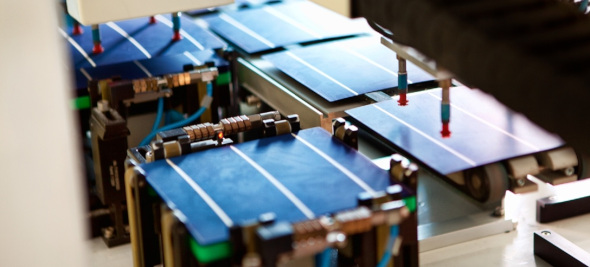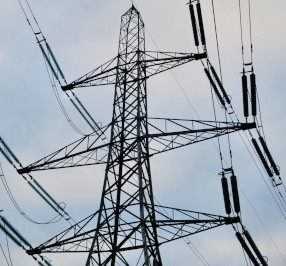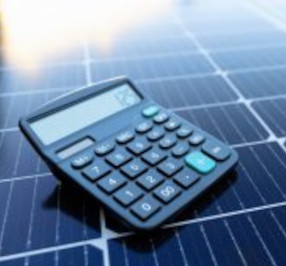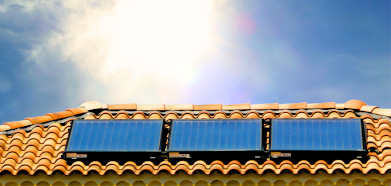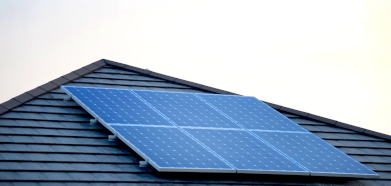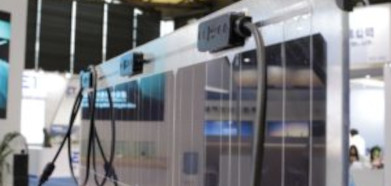How do solar panels work?
Learn how energy from the sun becomes clean electricity that powers UK homes and businesses.
Sunny’ may not be the first word that springs to mind when thinking about the UK’s weather. And yet, there is 6.14GW of installed solar dotting the rooftops of homes in the UK – that’s double the capacity of our largest fossil fuel power station.
How do solar panels work?
Solar panels are made out of photovoltaic cells (which is why generating electricity with solar panels is also called solar PV) that convert the sun’s energy into electricity.
Photovoltaic cells are sandwiched between layers of semi-conducting materials such as silicone. Each layer has different electronic properties that energise when hit by photons from sunlight, creating an electric field. This is known as the photoelectric effect – and it’s this that creates the current needed to produce electricity.
Solar panels generate a direct current of electricity. This is then passed through an inverter to convert it into an alternating current, which can then be funnelled into the National Grid or used by the home or business the solar panels are attached to.
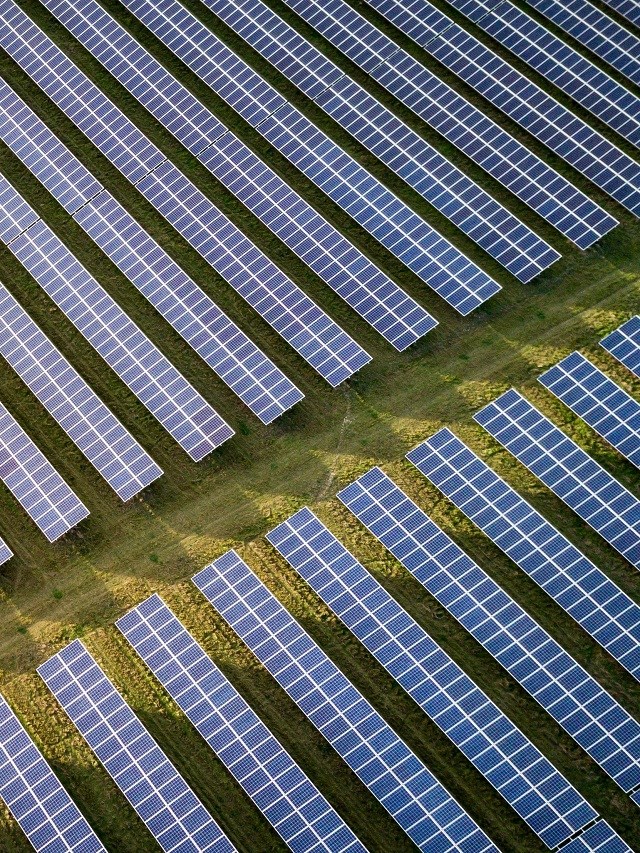
What are some of the advantages of solar power?
- Solar panels give you guaranteed power when the sun is shining – providing a consistent, stable form of generation throughout the day.
- Solar panels don’t need as much space as other renewable technologies and can be installed in a wide range of places. From larger, countryside solar farms that can support local biodiversity [2] by providing an undisturbed habitat for bees, butterflies and nesting birds, to rooftop panels in city centres that can help combat fuel poverty.
- After they’ve been installed, solar panels need little to no maintenance – just occasional cleaning to keep them clear of dirt and debris.
- Solar panels don’t create any noise pollution while generating electricity. This means that installations aren’t intrusive – whether they’re in crowded urban locations or quiet rural ones.
- Solar panels are very safe. They’re mostly made from silicon sheets, and there’s no danger of the photovoltaic cells leaking or emitting any toxins or fumes.
What are some of the challenges and opportunities facing solar?
The National Grid has to carefully balance the amount of power coming into it with the amount of power being used. Because the grid is currently structured around transporting power from a number of huge, fossil fuel burning power plants rather than smaller, more distributed generators such as solar farms, smaller renewable sites are often the first to have to ‘power down’ if supply will outstrip demand.
Large-scale power storage is an exciting developing area of technology, which will help store excess electricity generated from renewables for use at a later time. This is something that people are already able to do if they have solar panels at home, by installing a battery storage system.
Do solar panels work on cloudy days?
Solar panels react to the visible light spectrum. This means, if it’s light enough to see, there’s enough light for solar panels to start generating electricity. But the stronger the sunlight, the better.

Does it need to be hot for solar panels to work?
Solar panels produce more electricity in summer, which can make it seem like they need warmer weather to work. But this isn’t the case – it’s just that stronger sunlight and warmer temperatures often go hand in hand. In fact, if the temperature gets too hot (or too cold), solar panels become less efficient.


 It Only Takes a Minute
It Only Takes a Minute

